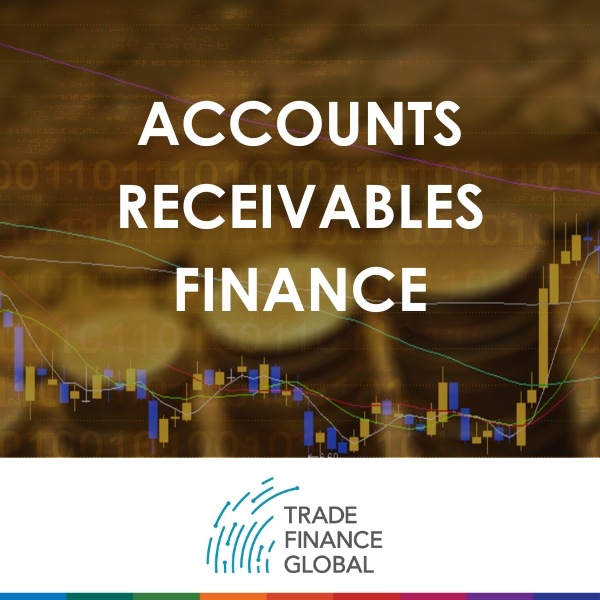What is the business case for receivables finance?

The above Supply Chain Finance techniques have been defined by the Global Supply Chain Finance Forum (BAFT, EBA, FCI, ICC and ITFA)

Access payables, receivables and supply chain finance
We assist companies to access supply chain finance through our relationships with 270+ banks, funds and alternative finance houses.
Get startedThere are potentially advantages for all parties involved in the creation of receivables to enter into financing arrangements.
From the seller’s point of view, it has the potential to monetise receivables at an early stage of their existence, and even before they exist in certain cases. Where the seller has availed itself of a financing in respect of an acceptable buyer it might be able to offer that buyer extended credit terms while building the discount it receives from delayed payment into its sale cost.
For the buyer, the potential of extended credit terms may well be attractive. However, it may also lend its support to its seller by accepting a payment obligation that is unconditional. In all of these discussions, the financer may well see opportunities to arrange such financings.
Financers should always be aware (especially when they are banks) of the regulatory capital cost of such financings and the opportunities to enhance their return by other means. In addition, there are other legal and regulatory issues to be considered in being involved in receivables financings. Some of these issues are considered in Chapter 3: Legal and regulatory issues of the Guide.
Providers of credit support may well see the advantages of becoming involved in supporting transactions for a fee to be charged for that credit support. The use of credit insurance is considered in Chapter 4 and surety in Chapter 6 of the Guide.
Well-constructed programmes which create the receivables may well be products that investors would seek without actually bearing the cost of structuring them.
There are a number of initiatives from ITFA in particular aimed at assisting investors who are not used to investing in trade assets and especially to receivables finance.
In all these cases, there are reasons why instances of such financings will continue and, indeed, increase.
There are risks that over-zealous arrangers of receivables financings may extend the usual definitions, such as supply chain financing, to other financings that are not in reality trade receivables, as they do not represent a receivable that currently exists but one that may be created in the future. Structures promulgated by Greensill Capital before its demise may well have fallen into that category. These serve as a warning to be aware of what is offered and not that receivables financing is risky.
In summary, well constructed receivables finance programmes work well for all parties and those investing in receivables. The effect of eNIs may well increase that potential.
Copyright© 2021 Deutsche Bank AG, Sullivan & Worcester UK LLP and the International Trade & Forfaiting Association (ITFA). All rights reserved.
Excerpts from the text of the Guide, updated by Geoffrey Wynne who originally authored the chapter ‘An introduction to receivables finance’, are reproduced with permission from Deutsche Bank AG, Sullivan & Worcester UK LLP and ITFA.
The full paper can be downloaded here.
Our trade finance partners
- Supply Chain and Payables Finance Resources
- All Payables Finance Topics
- Podcasts
- Videos
- Conferences



















